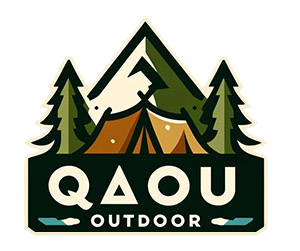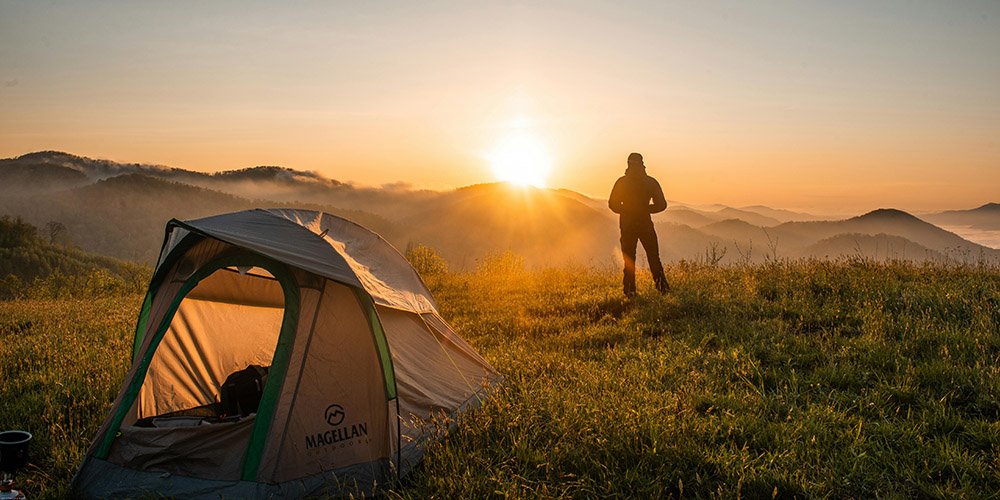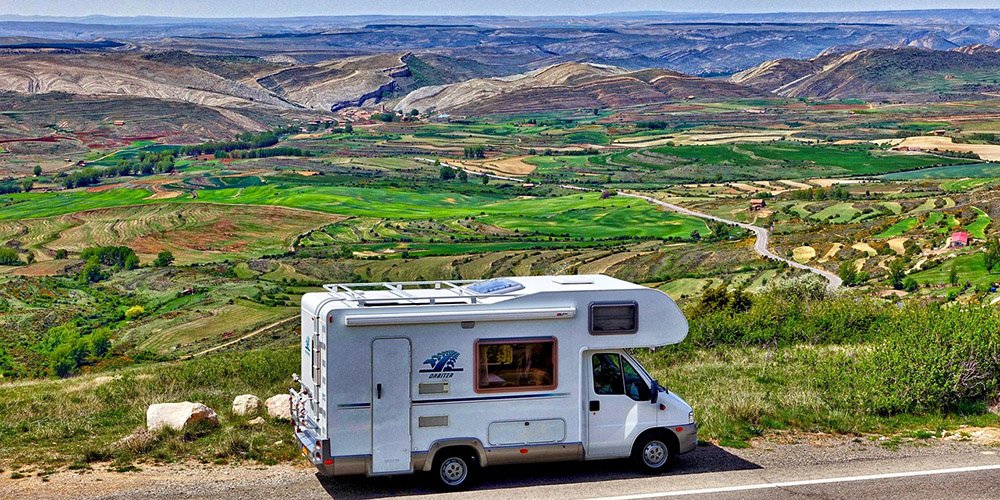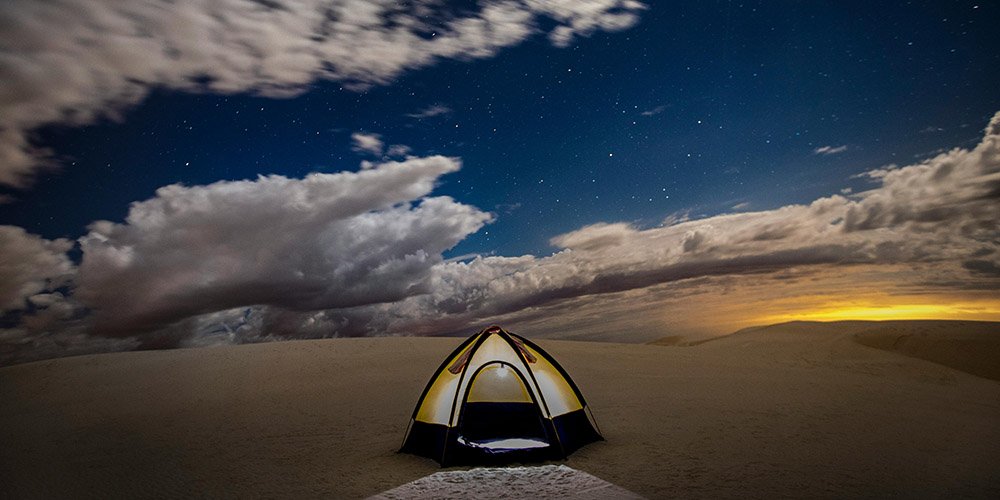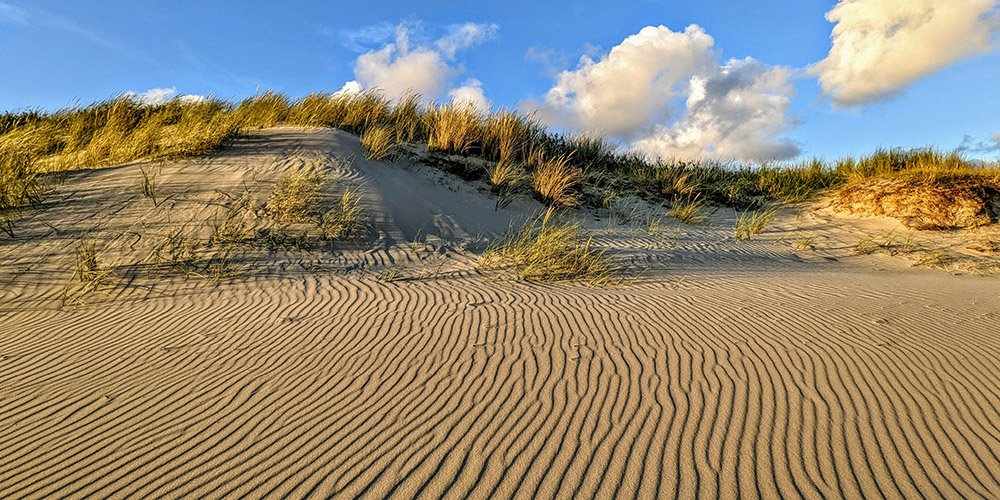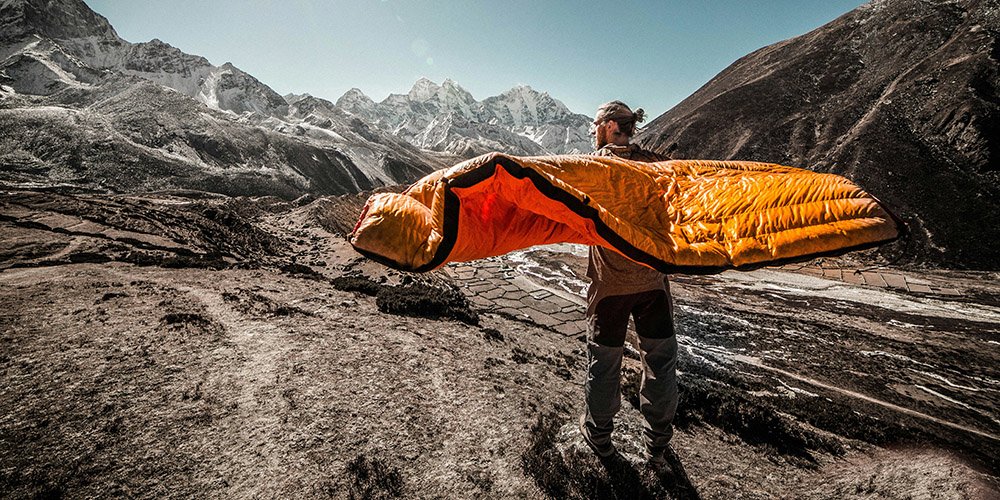Solo Camping: The Ultimate Guide for Adventurers
Solo camping is an exhilarating and rewarding way to experience the great outdoors. Whether you’re a seasoned adventurer or a novice camper, embarking on a solo camping trip can offer unparalleled opportunities for personal growth, self-discovery, and a deep connection with nature.
This guide will provide you with all the information you need to plan and enjoy a successful solo camping experience. From preparation and safety considerations to essential skills and entertainment ideas, we’ll cover everything to ensure your solo adventure is both safe and memorable.
Why Go Solo Camping?
Personal Growth and Self-Discovery
Solo camping is a powerful catalyst for personal growth and self-discovery. Being alone in nature allows you to disconnect from the hustle and bustle of everyday life and reconnect with yourself.
It provides a unique opportunity to reflect, meditate, and gain a deeper understanding of your own thoughts and emotions. The challenges you encounter while solo camping can help build resilience, boost confidence, and foster a sense of accomplishment.
Flexibility and Freedom
One of the greatest advantages of solo camping is the complete flexibility and freedom it offers. Without the need to coordinate with others, you can create your own itinerary, choose your destinations, and set your own pace. This freedom allows you to fully immerse yourself in the experience, making spontaneous decisions and exploring off-the-beaten-path locations that might not be possible with a group.
Connecting with Nature on a Deeper Level
Solo camping enables a profound connection with nature. The solitude allows you to fully engage with your surroundings, heightening your senses and deepening your appreciation for the natural world. Whether it’s listening to the rustle of leaves, observing wildlife, or stargazing at night, the absence of distractions helps you develop a more intimate relationship with the environment.
Also read: Nude Camping: Comprehensive Guide and List of Nude Campgrounds

Preparing for Solo Camping
Researching and Choosing the Right Campsite
Choosing the right campsite is crucial for a successful solo camping trip. Start by researching potential locations that suit your preferences and skill level. Consider factors such as accessibility, terrain, weather conditions, and available amenities.
National and state parks often provide well-maintained campsites with reliable information on safety and regulations. Reading reviews and seeking recommendations from experienced solo campers can also help you make an informed decision.
Essential Gear and Packing List
Packing the right gear is essential for comfort and safety. Here’s a comprehensive list of items you should consider bringing on your solo camping trip:
- Shelter: Lightweight tent, ground tarp, and sleeping bag suitable for the weather.
- Clothing: Layered clothing, waterproof jacket, sturdy boots, and extra socks.
- Food and Cooking Supplies: Non-perishable food, portable stove, cookware, utensils, and water purification system.
- Navigation Tools: Map, compass, GPS device, and a charged mobile phone with offline maps.
- Safety and Emergency Equipment: First aid kit, multi-tool, whistle, flashlight, extra batteries, and a fire starter.
- Personal Items: Toiletries, sunscreen, insect repellent, and a small repair kit.
- Optional Gear: Camera, journal, book, binoculars, and lightweight entertainment options.
Planning Your Trip Itinerary
A well-thought-out itinerary can enhance your solo camping experience. Start by outlining your trip duration, daily activities, and travel routes. Include buffer time for unexpected delays and spontaneous exploration.
Ensure you have a clear plan for arrival and departure times, as well as a backup plan in case of emergencies. Share your itinerary with a trusted friend or family member, providing them with your expected check-in times and locations.
Safety Considerations
Informing Others of Your Plans
Before heading out on your solo camping trip, it’s crucial to inform a trusted friend or family member of your plans. Provide them with your detailed itinerary, including your destination, planned route, expected arrival and departure times, and check-in points. Establish regular check-in times and agree on what actions they should take if they don’t hear from you by the agreed-upon times. This ensures that someone knows your whereabouts and can alert authorities if necessary.
Carrying Safety and Emergency Equipment
Being prepared for emergencies is essential when camping alone. Pack a well-stocked first aid kit and familiarize yourself with its contents and basic first aid procedures. Carry a reliable multi-tool, a whistle for attracting attention, and a flashlight with extra batteries. Additionally, a personal locator beacon (PLB) or satellite messenger can be invaluable for sending emergency signals and GPS coordinates in areas without cell phone coverage.
Staying Aware of Your Surroundings
While solo camping, staying aware of your surroundings is vital for your safety. Pay attention to weather forecasts and be prepared for sudden changes. Always keep an eye on your immediate environment to avoid potential hazards like unstable terrain, wildlife, or inclement weather. Trust your instincts; if something doesn’t feel right, don’t hesitate to change your plans or seek safety.
Essential Skills for Solo Camping
Basic Wilderness Survival Skills
Having a grasp of basic wilderness survival skills can greatly enhance your confidence and safety while solo camping. Learn how to build a shelter using natural materials, start a fire without matches, and source and purify water. These skills can be crucial in unexpected situations and provide peace of mind during your trip.
Strong navigation skills are essential for solo campers. Carry a detailed map of the area and a compass, and practice using them together to navigate unfamiliar terrain. While GPS devices and smartphones are useful, they can fail due to battery depletion or signal loss, so traditional navigation skills are a reliable backup. Familiarize yourself with key landmarks and always have a plan for getting back to your starting point.
First Aid Knowledge
Basic first aid knowledge is crucial when camping alone. Take a first aid course to learn how to treat common injuries such as cuts, sprains, and insect bites. Knowing how to properly use the items in your first aid kit can make a significant difference in an emergency. Additionally, understanding how to recognize and treat hypothermia, heat exhaustion, and dehydration is essential.
Also read: Top Tent Camping Tips to Get Started!
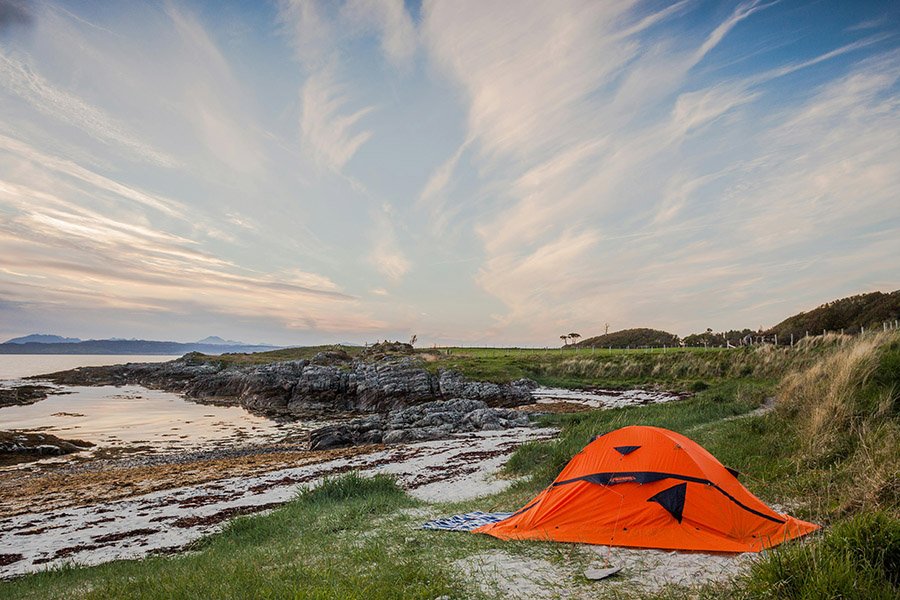
Setting Up Camp
Choosing the Best Campsite
Selecting a good campsite is essential for comfort and safety. Look for a flat, dry area free from potential hazards like falling branches or flood zones. Consider the proximity to water sources for convenience but maintain a safe distance to avoid attracting wildlife. Ensure the site offers some natural shelter from the wind and elements, and be mindful of potential dangers like rockfalls or avalanches in mountainous regions.
Tent Setup and Shelter Considerations
Proper tent setup is crucial for a comfortable night’s sleep. Choose a tent that suits the weather conditions and is easy to pitch. Set up your tent with the entrance facing away from the prevailing wind to minimize drafts. Use a ground tarp to protect the tent floor and improve insulation. Ensure that all tent stakes and guy lines are securely anchored, and use natural features like trees or rocks to enhance stability if necessary.
Creating a Comfortable and Safe Camp Environment
To create a comfortable and safe camp environment, organize your campsite efficiently. Designate specific areas for cooking, sleeping, and waste disposal to maintain cleanliness and order. Keep your food stored securely in bear-proof containers or hung from a tree to prevent attracting wildlife. Maintain a tidy camp to avoid accidents and make your surroundings more pleasant. Set up a comfortable seating area using a lightweight camp chair or a cushion for relaxation.
Cooking and Food Preparation
Meal Planning and Preparation
Proper meal planning is crucial for a successful solo camping trip. Plan nutritious and easy-to-prepare meals that require minimal cooking and cleanup. Consider non-perishable and lightweight options such as dehydrated meals, canned goods, and energy bars. Pre-pack individual portions and label them to make meal preparation more efficient. Think about your caloric needs and pack a variety of foods to ensure a balanced diet.
Safe Food Storage
Keeping your food safe from wildlife and spoilage is essential. Use bear-proof containers or hang your food in a tree at least 200 feet away from your sleeping area if you’re in bear country. Store perishable items in a portable cooler with plenty of ice or ice packs. Always keep your food storage clean and sealed to prevent attracting animals. Follow campground regulations regarding food storage to ensure your safety and that of the wildlife.
Cooking Methods and Equipment
Choose simple and reliable cooking methods for your solo camping trip. A portable camping stove or a lightweight backpacking stove is ideal for boiling water and cooking basic meals. Bring a compact cooking kit that includes a pot, pan, utensils, and a multi-purpose tool. Practice Leave No Trace principles by using a camp stove instead of building a fire, which can minimize your impact on the environment. If you do opt for a campfire, make sure it’s in a designated fire ring and follow all fire safety guidelines.
Staying Entertained and Engaged
Activities to Enjoy While Solo Camping
Solo camping offers a unique opportunity to engage in activities that you might not always have time for. Here are some ideas to keep you entertained and engaged:
- Hiking and Exploring: Take advantage of nearby trails to explore the natural beauty of the area. Hiking allows you to immerse yourself in the surroundings and enjoy the peace and solitude.
- Fishing: If you’re camping near a lake or river, fishing can be a relaxing and rewarding activity. Make sure to check local regulations and obtain any necessary permits.
- Birdwatching and Wildlife Observation: Bring a pair of binoculars and a field guide to identify birds and other wildlife. Observing animals in their natural habitat can be a fascinating and educational experience.
- Photography: Capture the beauty of your surroundings with a camera or smartphone. Photography can help you appreciate the details of nature and create lasting memories of your trip.
Embracing Solitude and Mindfulness
Solo camping provides a perfect setting for embracing solitude and practicing mindfulness. Take time to sit quietly and observe your surroundings. Listen to the sounds of nature, feel the breeze, and watch the changing light. Practicing mindfulness can help you feel more present and connected to the environment. Meditation, yoga, or simply taking deep breaths can enhance your sense of well-being and relaxation.
Keeping a Journal or Taking Photos
Documenting your solo camping experience can be a fulfilling and creative activity. Keep a journal to record your thoughts, experiences, and observations. Writing about your journey can help you process your emotions and reflect on your adventure. Additionally, taking photos allows you to capture the beauty of nature and create a visual record of your trip. Both journaling and photography can be great ways to share your solo camping story with friends and family.
By engaging in these activities, you can make the most of your solo camping trip and create meaningful and enjoyable experiences. Whether you choose to hike, fish, observe wildlife, or simply relax, solo camping offers endless opportunities for adventure and personal growth.
Also read: 10 Camping Bathroom Ideas for Comfort and Convenience in the Great Outdoors

Handling Challenges and Overcoming Fears
Managing Loneliness and Homesickness
Feeling lonely or homesick is a common challenge during solo camping, especially if it’s your first time. To manage these feelings:
- Stay Busy: Keep yourself occupied with activities like hiking, reading, or practicing a hobby.
- Stay Connected: Bring a journal to write down your thoughts or take photos to document your experience. If you have cell service, occasionally check in with loved ones.
- Embrace Solitude: Use this time to reflect and enjoy the peace and quiet of nature. Remember why you chose to go solo camping in the first place.
Dealing with Unexpected Situations
Unexpected situations can arise, but being prepared can help you handle them effectively:
- Stay Calm: Panicking can make situations worse. Take a few deep breaths and assess the situation calmly.
- Have a Plan: Always have a backup plan and know the nearest exit routes and emergency services.
- Be Resourceful: Use your skills and the resources available to you. Whether it’s a sudden weather change or a minor injury, staying resourceful can make a big difference.
Building Confidence Through Solo Camping
Each solo camping trip will build your confidence and skills. Start with shorter trips close to home and gradually venture into more remote areas. The more experience you gain, the more confident you will become in your abilities to handle solo adventures.
Environmental Stewardship
Leave No Trace Principles
Adhering to Leave No Trace principles is essential to preserving the environment for future generations:
- Plan Ahead and Prepare: Know the regulations and special concerns for the area you’ll visit.
- Travel and Camp on Durable Surfaces: Stick to established trails and campsites to avoid damaging vegetation.
- Dispose of Waste Properly: Pack out all trash, leftover food, and litter. Use established bathroom facilities or dig a cat hole if necessary.
- Leave What You Find: Preserve the past and leave rocks, plants, and other natural objects as you find them.
- Minimize Campfire Impact: Use a camp stove for cooking and avoid campfires unless they are absolutely necessary and allowed.
- Respect Wildlife: Observe animals from a distance and do not feed them. Store food securely to prevent wildlife from accessing it.
- Be Considerate of Other Visitors: Respect other campers and protect the quality of their experience.
Minimizing Your Impact on Nature
Solo camping is a great opportunity to practice minimal impact techniques:
- Pack Light: Bring only what you need to reduce waste and minimize your footprint.
- Use Reusable Items: Opt for reusable containers, utensils, and water bottles instead of disposable ones.
- Stay on Trails: Avoid creating new paths or trampling vegetation.
Respecting Wildlife and Natural Resources
Respecting wildlife and natural resources is crucial for maintaining the balance of the ecosystem:
- Observe from a Distance: Enjoy wildlife sightings from a safe distance to avoid disturbing their natural behavior.
- Do Not Disturb: Avoid touching or disturbing plants and animals.
- Follow Regulations: Abide by all regulations set by parks and campgrounds to protect the environment.
Final Thoughts
Solo camping is a rewarding and enriching experience that offers numerous benefits, including personal growth, flexibility, and a deep connection with nature. Proper preparation, understanding safety considerations, acquiring essential skills, and respecting the environment are key to a successful solo camping trip.
If you’ve been contemplating a solo camping adventure, take the plunge and give it a try. The experience can be transformative, providing you with newfound confidence and a stronger bond with the natural world. Remember, every solo camping trip will build your skills and comfort level, making future adventures even more enjoyable.
